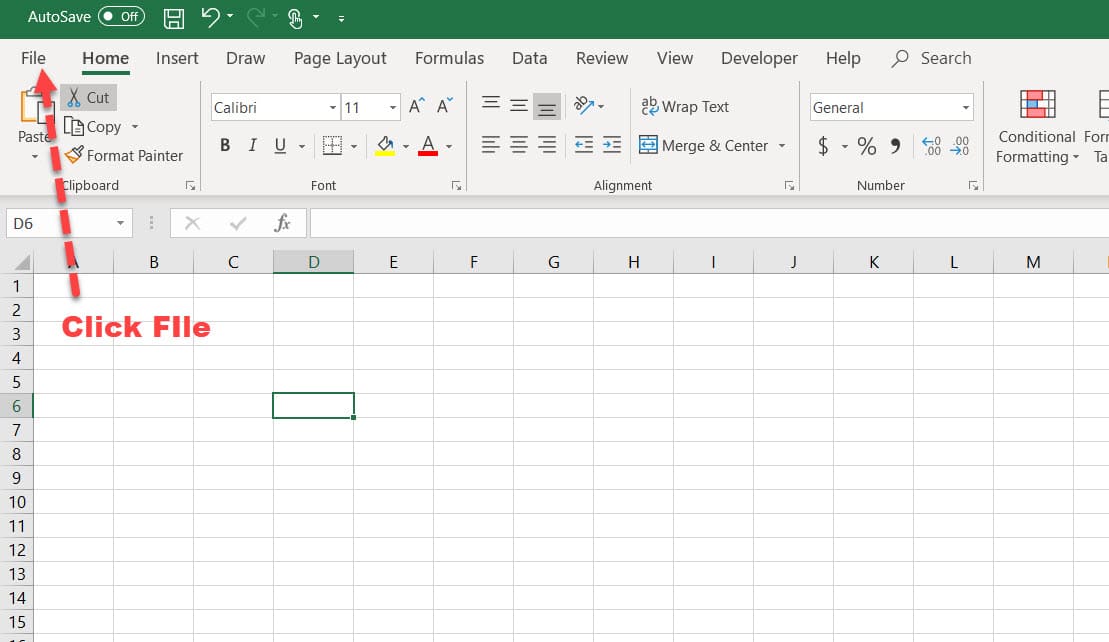5 Ways to Secure Excel Sheets Without Passcodes

Securing Excel spreadsheets is critical for protecting sensitive data and ensuring that only authorized users can access, modify, or view certain information. While many people resort to using passcodes, there are several other effective methods to secure your sheets without relying solely on passwords. Let's explore five robust techniques that can enhance the security of your Excel files.
1. Restricting Editing Access

You can control who can edit parts or the entirety of an Excel spreadsheet without needing a password:
- Go to the Review tab.
- Click on Allow Edit Ranges.
- Set up ranges which users can edit, and give permissions to specific users.
- Or click Protect Sheet to prevent any editing except for allowed users.
This method allows certain users to view data while restricting edits, thereby maintaining data integrity.
2. Sheet Visibility Management

Hiding sheets can serve as a basic level of security:
- Right-click the tab you wish to hide.
- Select Hide from the context menu.
- To unhide, right-click on any visible tab, select Unhide, and choose the sheet.
Note that while hiding sheets might deter casual snoopers, advanced users can still find ways to view hidden sheets.
3. Using Workbook Structure Protection

Protecting the structure of the workbook prevents users from adding, deleting, moving, or renaming sheets:
- Go to the Review tab.
- Select Protect Workbook.
- Under Protect Workbook for, select Structure to protect sheet structure.
- Choose a password if you want an extra layer of security (optional).
🔒 Note: This method provides an additional layer of security by controlling the workbook’s structural changes.
4. Cell Locking with Hidden Formulas

Locking cells and hiding formulas prevents unauthorized changes and protects proprietary calculations:
- Select the cells to protect.
- Go to the Format Cells dialog box and set the Protection tab options.
- Ensure Locked and Hidden are ticked for sensitive cells.
- Protect the sheet from the Review tab to apply these settings.
| Setting | What it Does |
|---|---|
| Locked | Prevents editing when sheet protection is enabled. |
| Hidden | Makes formulas invisible when protection is active. |

🚫 Note: While these settings can be undone with protection removed, they add significant complexity to unauthorized access.
5. Encryption for Excel Files

Encryption offers the highest level of security:
- From the File menu, select Info.
- Click Protect Workbook and choose Encrypt with Password.
- Enter a strong password to encrypt the file.
This method uses strong encryption to ensure that even if the file is intercepted, the data remains secure without the password.
By implementing these methods, you can secure your Excel sheets in multiple layers, providing varying levels of protection suitable for different scenarios. Remember, no single method is foolproof, but combining these strategies can create a robust security framework for your data.
Understanding these techniques not only helps in securing sensitive information but also ensures that data integrity is maintained, workflows remain secure, and unauthorized changes are minimized. It’s essential to use these methods judiciously, balancing security needs with usability for authorized users.
How can I ensure that only specific users can edit certain cells?

+
To restrict editing to specific users, use the ‘Allow Edit Ranges’ feature under the Review tab. Here you can assign permissions to edit certain ranges to selected users.
What’s the difference between hiding sheets and protecting sheets?

+
Hiding sheets simply makes the sheet invisible, but it can still be unhidden. Protecting sheets, on the other hand, restricts what can be done on the sheet even if it is visible.
Can I secure an Excel file without a password?

+
Yes, you can secure Excel files without a password through various means like protecting sheet editing, workbook structure, or even encrypting the file without setting a password for opening, but encryption will still require a password to decrypt.
How can I make sure sensitive formulas are not visible?

+
Select the cells with formulas, go to Format Cells > Protection, and ensure the ‘Hidden’ option is checked. Then protect the sheet from the Review tab to hide these formulas.
What are the risks associated with securing Excel without passwords?

+
While these methods provide significant security, they might not be as secure as using strong passwords. Users with intermediate to advanced Excel knowledge might still find ways to bypass certain protections if not properly configured.



